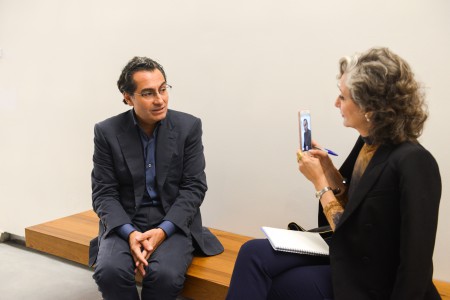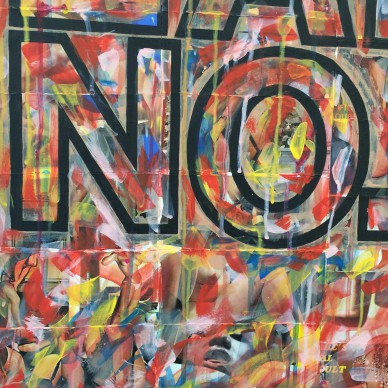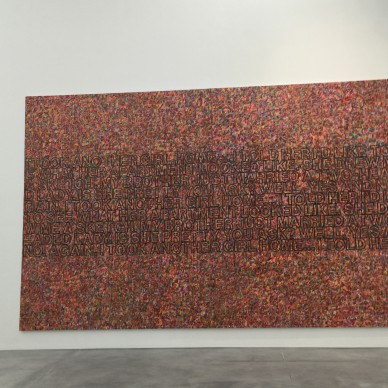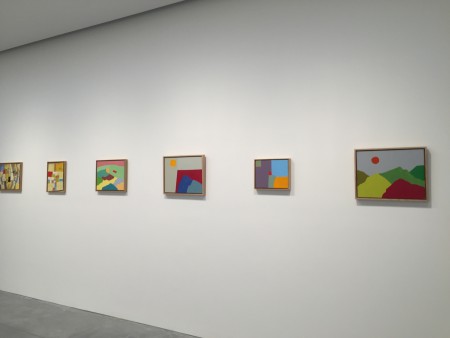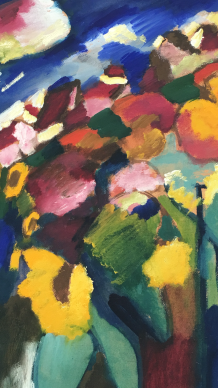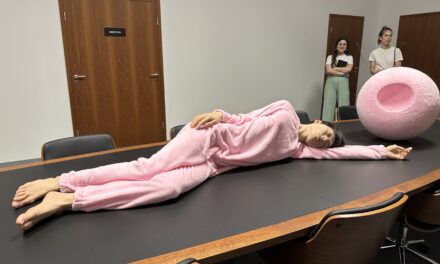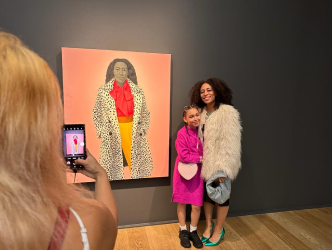Welcome to Beirut. We’re at the epicenter of organized chaos. What holds together a country once called “the Switzerland of the Middle East,” which has become a great collateral victim to the Syrian conflict and high-level corruption, is faith. I’m not talking about devotion to a particular god, either Muslim or Catholic, even though this was the reason for a civil war, but about an extraordinary faith in life. It’s a faith beyond anything that we, who live in relative quiet in a society that certainly has its ills but is still peaceful and democratic, know, a kind of faith we tend to forget.
And so this Sunday in Beirut the Chaotic City, Aïshti, a new space devoted to contemporary art and luxury shopping, opened its doors. It’s owned by a super active Lebanese businessman, Tony Salamé, who made his fortune in luxury goods in Lebanon and, since 2002, has become interested in contemporary art. His purchases were first oriented toward artists who are considered “classic contemporary,” such as Italians Lucio Fontana and Piero Manzoni, who sought to revisit the very idea of the painted monochrome canvas by giving it a new dimension. As can be seen in the inaugural exhibition of 200 works, in the last few years Salamé has been interested in the ultra-trendy avant-garde, preferably American. Tony Salamé likes contemporary abstraction, with such artists as Sterling Ruby, from Los Angeles, or the excellent Urs Fischer, who is Swiss but lives in New York. There’s also a very impressive (because very long) digital print by someone who, more than a painter, is an artist who plays with the principle of reproducibility: the famous Gerhard Richter.
The grouping has been selected by Massimiliano Giono, head of New York’s New Museum, from the collection’s 2,500 works. As for the jewel box, it is by one of the most trendy British architects, David Adjaye. The red-clad building is in fact devoted to two functions: on the one hand, an art foundation and, on the other, a luxury shopping center with an avalanche of major brands.
The best realized of the foundation’s spaces is the one that has Giuseppe Penone, an artist whose works deal with the nature of trees and pieces of evidence of nature, next to one of the stars of the canvas whose work explores the principle of reproducibility, Christopher Wool. It’s clear that Tony Salamé is drawn to painted works that speak about patterns, like textiles. He’s also clearly drawn to artists who capture the Zetigeist, like fashion.
Tak a look, or rather a listen, at his explanations:
Finally, Tony Salamé is clearly a courageous risk-taker for opening, so commendably, an institution that is unique in his chaos-ridden country and for choosing to show artists from right now and whose work is expensive. That’s risk-taking as well. Tony Salamé has faith.
Donating=Supporting

Support independent news on art.
Your contribution : Make a monthly commitment to support JB Reports or a one off contribution as and when you feel like it. Choose the option that suits you best.
Need to cancel a recurring donation? Please go here.
The donation is considered to be a subscription for a fee set by the donor and for a duration also set by the donor.

